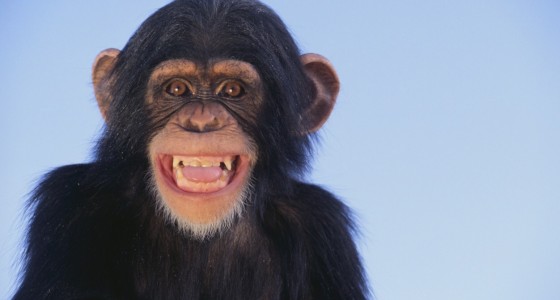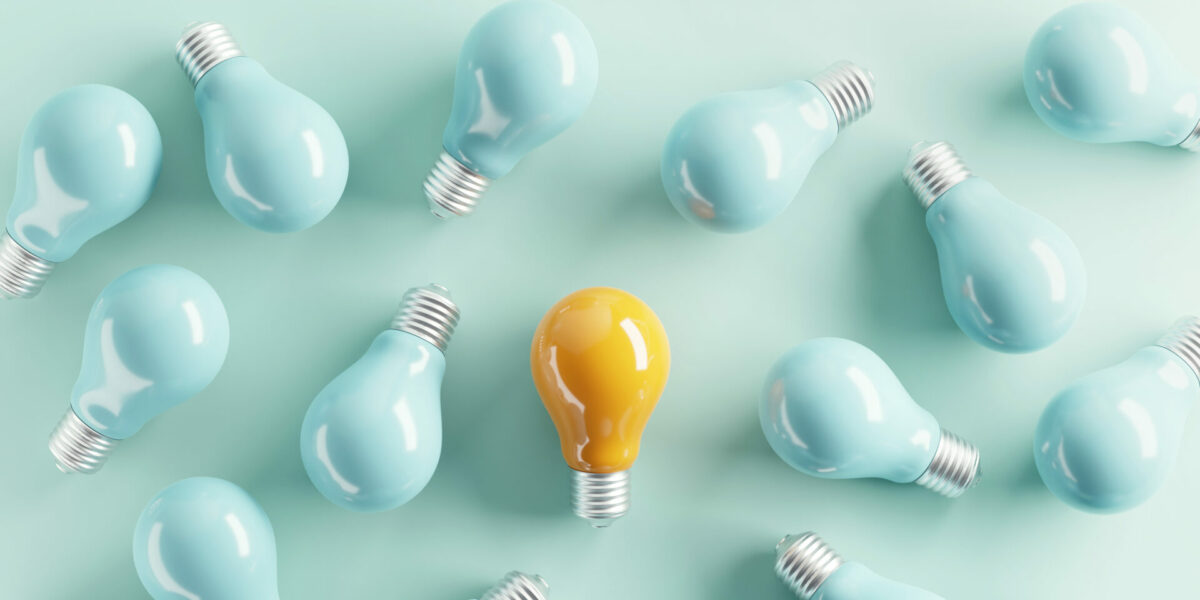Bobo and Elroy, a couple of clever chimps, are hanging around the monkey bars. As usual, the subject of human behavior comes up.
“I can’t believe humans say we try to imitate them,” says Bobo.
“Yeah,” says his buddy Elroy. “Have you seen the scowl on Donald Trump’s face when reporters ask a tough question? Ha-ha, I thought he was imitating my cousin Frank the orangutan.”
“And what’s with this ‘Monkey See, Monkey Do’ saying?” asks Bobo. “Humans copy each other much more then we ever imitate them.”
Bobo and Elroy are right. We imitate each other — a lot. A whole lot. Especially when it comes to marketing trends and buying habits, we have a lot more in common with animal behavior than we realize.
Consider the term “herd mentality.” How about the way people “flock” to sale? And how supporters “come out in droves” for their candidate.
Humans have imitated each other since the beginning of time. It was one of the first forms of communication. One caveman shows the other how to sharpen a stick and make a spear — then how it is used to kill the wild boar for the family dinner.
Fast forward to the last century or so and take a look at fashion. Top hats, hoop skirts or the infamous necktie. Why must everyone wear what everyone else wears? So much so that you can’t even enter certain places unless you’re dressed like other people e.g. fancy restaurants that require jackets.
In fact, the famous phrase should be “Human See, Human Do.” When we see our friends or relatives do something, we imitate them. Then other people imitate us. And more people imitate them.
Imitation helps you learn, survive and be accepted. So how do you use this basic instinct to your marketing advantage?
Testimonials
Nothing beats this for creating additional sales. You have a good experience and talk about it. Then others imitate you so they can have a good experience.
Group Events
When we were promoting a police levy in my home town, we had a Candlelight Crime Walk. Hundreds walked to the center of town with lit candles. The dramatic effect of many people doing the same thing at the same time (imitating each other) helped ramp up emotion and get others to vote for our cause.
Social Media
When you’re promoting yourself or your product and you write a great post, or develop a great video, meme or artwork and you post it — what happens? Yep — others take it and post it also. And that’s exactly what you want, right? When others imitate you by posting your message — you benefit.
Graphic Giveaways
Getting as many people as possible to imitate each other by displaying your logo and slogan is a great way to optimize the “Monkey See, Monkey Do” effect. That’s why T-shirt giveaways are so popular. And of course, there’s the endless stream of pens and other junk your bank gives you. But those don’t have the impact that free T-shirts have. In fact, many NBA teams have massive t-shirt giveaways especially during playoffs.
Jingles
This is more like “Monkey Hear” rather than “Monkey See.” But theme music and jingles can still be very effective when we humans imitate each other. Have you seen Peyton Manning in the Nationwide commercial adapting lyrics to match the Nationwide (“Nationwide is on your side”) jingle? You won’t want to miss the “Chic-ken-Parm-you-taste-so-good” version.
There are lots of marketing lessons to be learned from our friends in the zoo. Apply them, but be patient, and don’t let them drive you bananas.













Comment